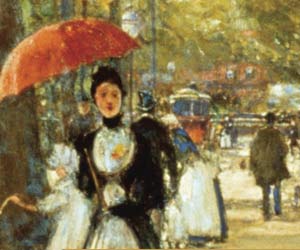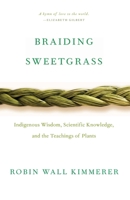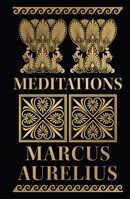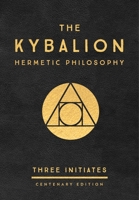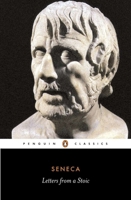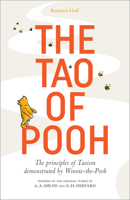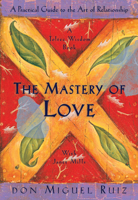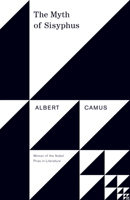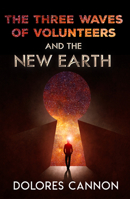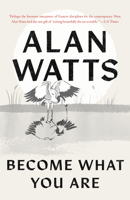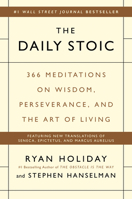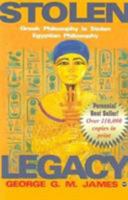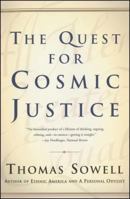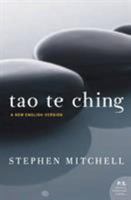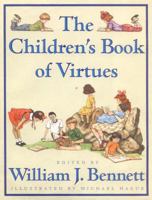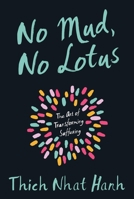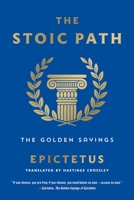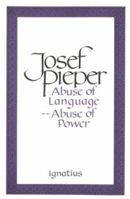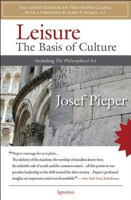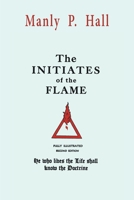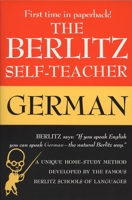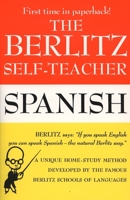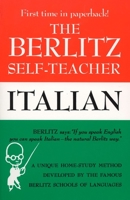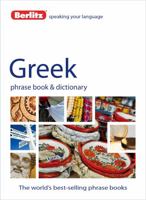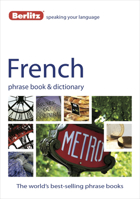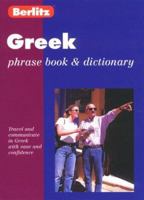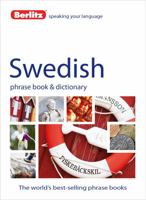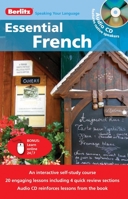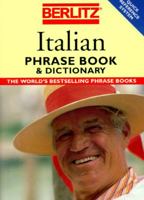Santa's Sleigh Is on Its Way to Nebraska: A Christmas Adventure
Select Format
Select Condition 
You Might Also Enjoy
Book Overview
Customer Reviews
Rated 5 starsthank you berlitz
This book is wonderful. Even if you know no French and are willing to work diligently and speak out loud, (which admittedly isn't easy!) you will find sooner rather than later, you'll be able to converse, en francais as it were. The lessons are simple and direct, well structured and the answer keys are accurate, I would also recommend parents to buy this for their school kids and a copy for themselves and join the fun. The...
0Report
Rated 5 starsThe least expensive, yet best French book I've found
A French teacher recently told me when buying French study books to avoid the new ones, because they have lots of text in the margins, charts, splashy colors, etc. but not as much substance as the older ones. I replied that she must have had this book in mind. It was originally published in 1949, yet it cuts to the chase and will have you up and running with conversational, everyday French quite quickly. I also think the...
0Report
Rated 5 starsA "Classic" that is Unsurpassed !
I have a minor in French. My love of the language began in elementary school, leading to three years of French classes in high school and continued study in college. This book is excellent for beginners as well as those who have advanced exposure to the language. This book is visually appealing: it complements any formal course of instruction. It serves as excellent "reinforcement" review for those who wish to 'come back'...
0Report
Rated 5 starsBetter than any other book
I have used the Berlitz Self Teacher and lot's of other books to learn French. I must say that the Berlitz Self Teacher is the best book out there. If you follow the instructions provided you will be able to speak French well, and with more practice become pretty fluent.But you have to speak out loud and at the end of each lesson, finish the Thinking in French exercises and form more questions on your own based on the material...
0Report
Rated 5 starsBest book for learning French
Preparing for a recent trip to France, I bought several books and audio tapes on French. The Berlitz Self-Teacher was by far the most helpful resource. By spelling each French word out phoenetically each time its used, it eliminates the tedious cross-referencing time required by other books. The quizzes at the end of each chapter (along with corresponding answers for each question) were extremely well-executed and helpful...
0Report
American Eve: Evelyn Nesbit, Stanford White, the Birth of the "It" Girl and the Crime of the Century Mentions in Our Blog
